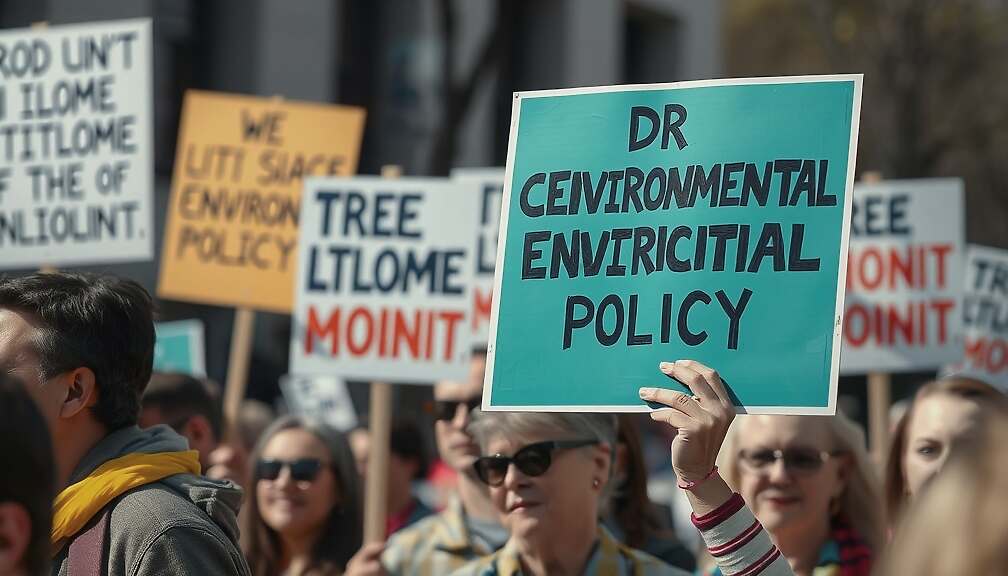A significant disagreement has emerged within German political circles regarding the nation’s climate targets. Julia Verlinden, parliamentary group deputy chair for the Green Party, sharply criticized a recent proposal by CDU politician Tilman Kuban, who suggested a relaxation of Germany’s climate neutrality goals.
Verlinden argued that Kuban’s suggestion to limit CO2 reduction to an 80% decrease by 2045, rather than striving for full climate neutrality, highlighted a concerning lack of commitment to international agreements and demonstrated a detrimental approach to Germany’s economic future. She emphasized that climate protection presents an opportunity for Germany to strengthen its economy, particularly through the development of future technologies.
“The Union’s backward-looking economic policies are responsible for years of missed opportunities. Now, their inconsistent stance on climate policy is jeopardizing the creation of future jobs within Germany” Verlinden stated.
The Green Party envisions a “competitive climate economy” characterized by secure employment and requires clear-cut climate goals, alongside robust support for businesses and consumers.
The disagreement comes against a backdrop of stringent legal precedents. In 2021, Germany’s Federal Constitutional Court established a constitutional obligation to achieve climate neutrality, referencing Article 20a of the Basic Law. The court derived this obligation from Germany’s alignment with the Paris Climate Agreement and the need to adhere to a designated CO2 budget. Following 2045, any remaining CO2 emissions would presumably be limited to what the budget allows, necessitating substantial emission reductions beforehand. Furthermore, a recent 2024 ruling by the European Court of Human Rights against Switzerland reinforced a budgetary approach to climate action.












